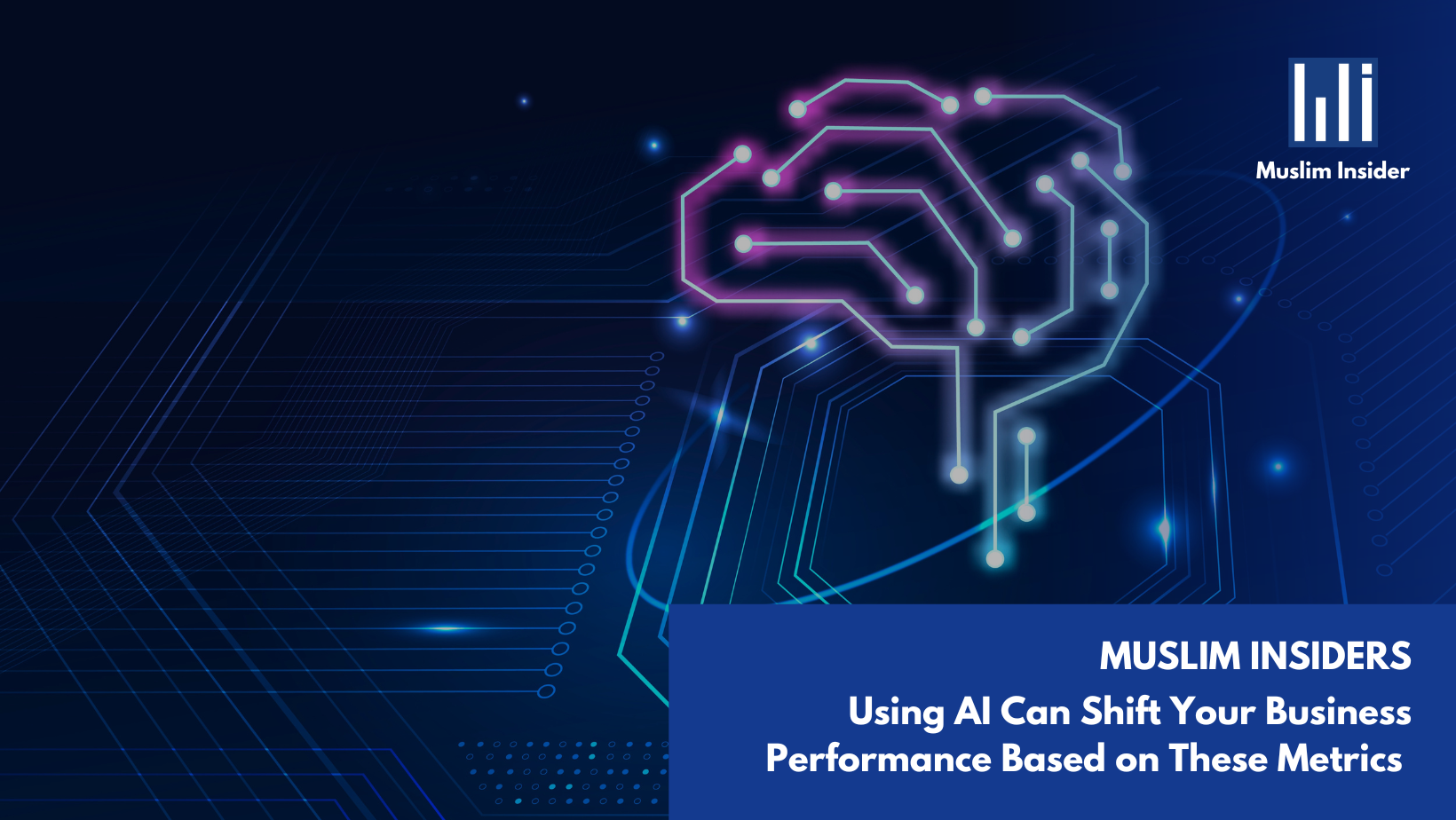

In 2023, a lot of business owners started to think that Artificial Intelligence (AI) would bring benefits to their businesses. AI is known to bring automation, analyze data, and help business leaders in their decision-making. AI business processes are continuously improving, and they keep getting better and better over time. Based on an online survey that involved 600 business owners and was conducted by Forbes Advisor, an average of 37% of business owners leverage AI for internal business processes. 64% of the respondents are looking forward to AI, which will improve relationships with customers, boost productivity and enhance sales growth. Also, they are considered AI as an asset for decision making improvement, fast response time, reduce human error, save costs and streamline workflows.
Here are some examples of how AI can shift your business performance based on these metrics:
Customer Satisfaction
If businesses want customers to stay loyal to their products and services, they must find ways to maintain customer satisfaction through a good user experience. Communicating with customers through customer support found on websites or mobile apps using AI will help customers solve their problems instantly. Faster response times can increase customer satisfaction and enhance trust between the customer and the business. When the customer service is consistently good, trust will build over time and they will stay with the product or services provided. Other than that, AI could also give personalized recommendations for products or services that may fit the user’s needs.
Operational
By comparing the ratio of input and output of company processes, businesses can gain valuable insights into their operational efficiency and identify any room for improvement. Process automation by AI will simplify processes by helping to eliminate repetitive tasks and automate data entry, which will improve accuracy and reduce human errors. This will save time and give more focus to the day-to-day tasks that should be given more priority. AI in the manufacturing industry can help optimize equipment efficiency by using predictive maintenance to predict equipment or machine failure so that instant measures can be taken to reduce downtime, maximize asset uptime, and also extend its life cycle.
Sales and Revenue
Business performance based on sales and revenue growth showed how great the company is doing. This will help companies have a clear picture of their financial health and ability to generate income. AI lead scoring, a machine learning algorithm, helps keep track of and assess customer data each time they engage with the business. It has the ability to provide potential leads with a high probability of being converted into customers. AI can also help sales and revenue adjust pricing according to customer demand, competitor product or service pricing, which maximizes revenue while remaining competitive. Other than that, AI can help generate revenue by giving personalization and recommendations that will increase sales and revenue.
Decision-Making Quality
It is important to analyze decisions to ensure high-quality decision-making. AI can analyze data by providing insight and uncovering hidden data that can be missed by humans. This can ease the decision-making process for data analytics. Since AI is quick to notice, analyze, and respond to threats, it is great for risk assessment. As an example in finance, AI could reduce bad loans by assessing credit risk and analyzing the borrower’s data.
Employee Productivity
In order for the company to reach its short- and long-term goals, employee efficiency is important so that they can be productive. To enhance workflow, an AI virtual assistant can help schedule meetings on the calendar, answer job- or company-common queries, and also manage administrative tasks, boosting productivity. Leaders can receive feedback analysis from employees by using AI, which identifies employees’ areas of concern, which leads to job or workplace satisfaction.
Data Security and Compliance
Customers and businesses data protection is important to prevent any unauthorized access, breaches, or data theft so that it remains confidential. This can avoid harming a business’s reputation and financial stability. With AI anomaly detection, it can detect unusual patterns that show signs of potential security breaches. AI can also help with regulatory compliance by automating compliance checks and ensuring data handling and processing meet the regulatory requirements.
Market Competitiveness
Competition allows businesses to remain relevant, increase market share, and increase revenue in the market, which can broaden their influence and gain brand recognition. Competitor analysis that is done with AI will help companies gain insight to strategize their product and service pricing, product launches, and what is trending on the market. With market trend prediction analyzed by AI, businesses can develop suitable strategies for their marketing and product offerings.




